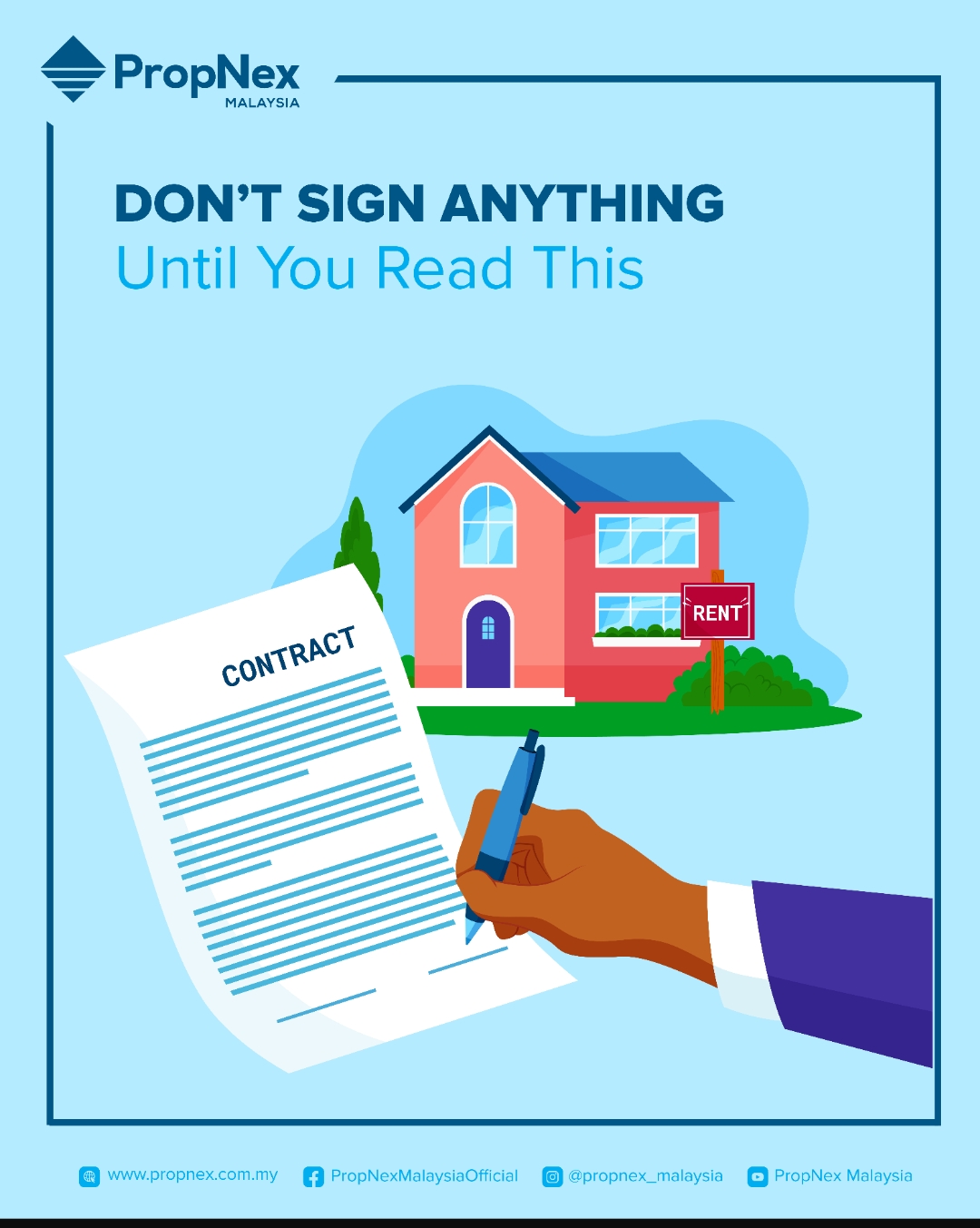Don’t Sign Anything Until You Read This
When it comes to renting property in Malaysia, the terms tenancy and lease are often used interchangeably. However, legally speaking, they are quite different and knowing the difference is crucial whether you're a landlord, tenant or investor.
We’ll break down the key differences between a tenancy and a lease under Malaysian law, so you can make informed decisions in your property dealings.
What is a Tenancy?
A tenancy is a short-term rental arrangement, usually less than 3 years. It is often more flexible and doesn't require registration with the authorities.
Key Features:
Duration: Typically under 3 years
Agreement Type: Usually a private agreement, not registered with the land office
Stamp Duty: Still required but lower
Termination: Easier to terminate with mutual notice or as stated in the agreement
Legal Standing: Not considered an interest in land so it offers less protection
What is a Lease?
A lease is a longer-term arrangement, typically 3 years or more and must be registered with the relevant Land Office to be legally binding and enforceable against third parties.
Key Features:
Duration: 3 years or more
Registration: Must be registered at the Land Office
Stamp Duty: Higher based on the length and value of the lease
Legal Standing: Grants a legal interest in the land
Termination: More rigid with clearly defined terms for renewal or early exit
Legal Implications in Malaysia
Under the National Land Code 1965, only leases of more than three years can be registered and therefore create a legal interest in the land. Tenancies, while still legally binding, do not give the tenant any interest in the land just a contractual right to occupy.
This distinction is important, especially in cases of disputes, sale of property or insolvency of the landlord. A registered leaseholder has stronger legal protection compared to a tenant.
Which Should You Choose?
For Landlords:
Choose a tenancy for short-term arrangements or if you want flexibility.
Opt for a lease if you are offering long-term security, especially for commercial properties.
For Tenants:
A tenancy is good for flexibility and short stays.
A lease gives you greater security and long-term control over the property.
Understanding the difference between a tenancy and a lease in Malaysia can help you avoid common legal pitfalls. Whether you’re entering into a rental agreement for a residential unit, commercial shop lot or office space, make sure the agreement suits your needs and complies with local laws.
